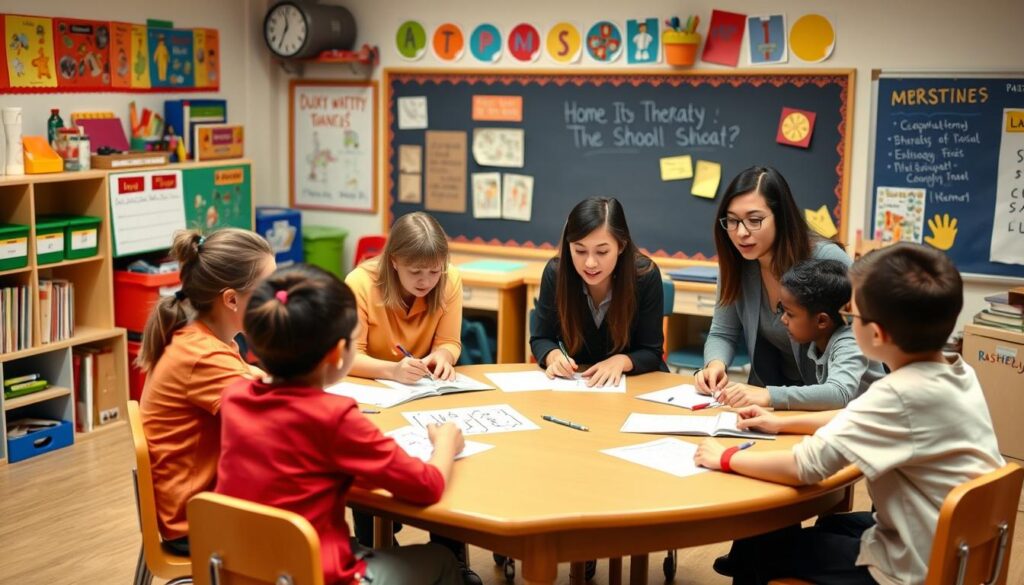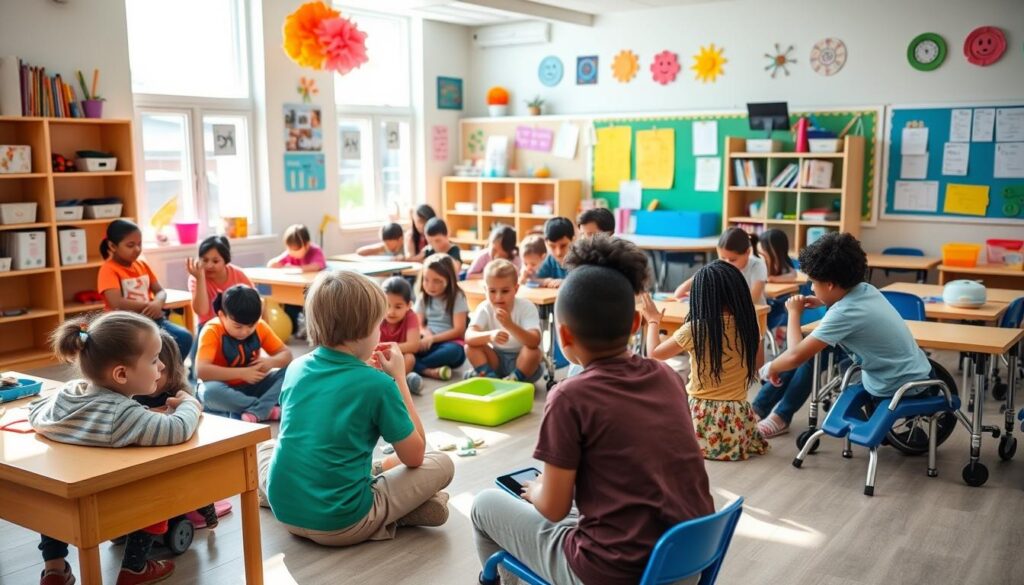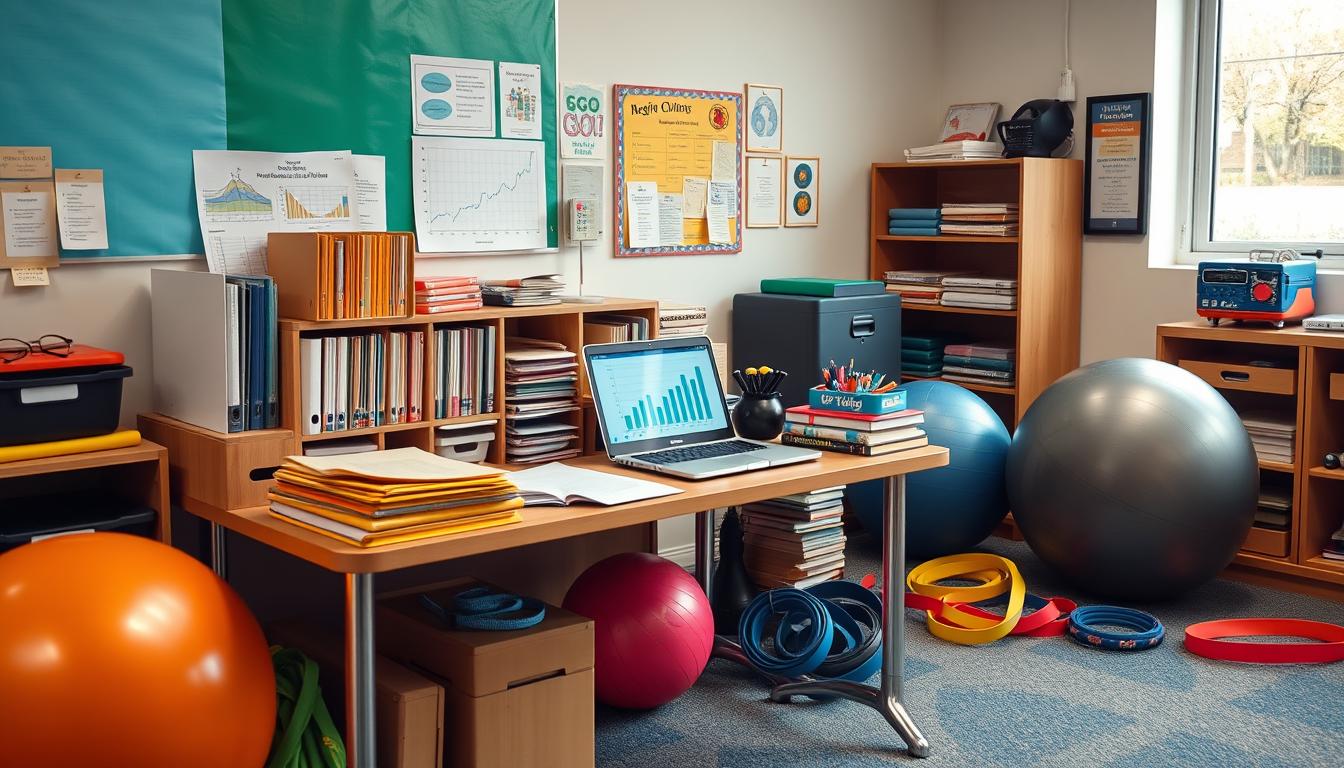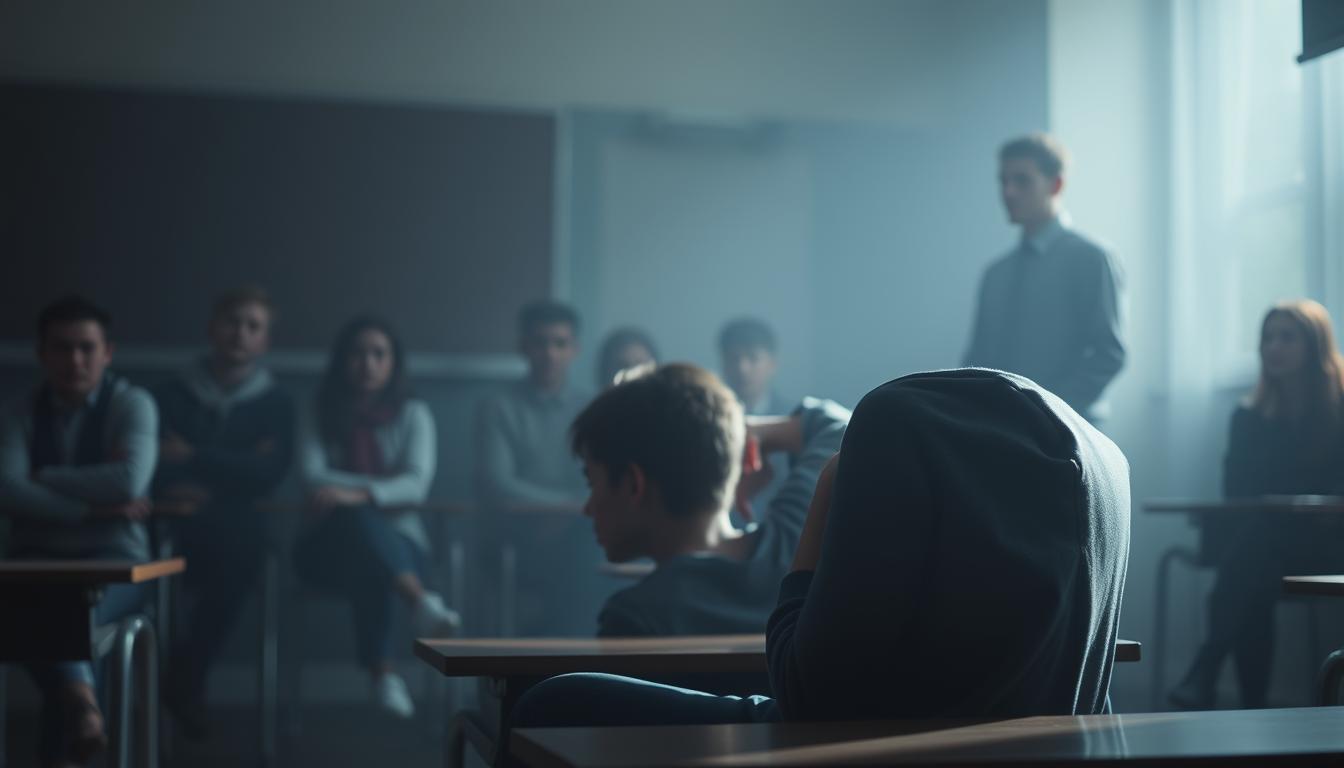Occupational therapists (OTs), physical therapists (PTs), and speech-language pathologists (SLPs) are key in schools. They help students with different needs. But, they face special challenges that make their job tough.
They deal with heavy workloads and lots of paperwork. They also have to work closely with teachers and handle student behavior problems. OTs, PTs, and SLPs need to be very flexible and strong to help their students.
This article talks about the big challenges these important school team members face. It aims to help schools and leaders support them better. By understanding their struggles, we can make schools better for all students, no matter their needs.
Navigating Caseload Management and Paperwork Demands
School-based occupational therapists (OTs), physical therapists (PTs), and speech-language pathologists (SLPs) face a big challenge. They have to manage their growing caseloads. This means they often have too many students to help, leading to burnout and less time for each student.
The paperwork burden adds to their stress. They spend a lot of time on reports, progress updates, and other tasks. This takes away from the time they can spend directly helping students. It’s a big problem for these hardworking professionals.
“The paperwork and administrative tasks can sometimes feel like they’re taking over our jobs. We want to focus on helping the students, but it’s a constant battle to find the right balance.”
New ways to tackle these issues are emerging. Using technology and asking for more help can make a big difference. By making their work more efficient, OTs, PTs, and SLPs can focus more on helping students grow and succeed.
Collaborating with Teachers and Administrators
Working well with teachers and administrators is key for OTs, PTs, and SLPs in schools. They face tough schedules and must find time to meet with teachers. They also need to make sure their work fits with the classroom lessons and school goals.
But, finding time and dealing with schedules can be hard. This can affect how well they help students.
OTs, PTs, and SLPs need to collaborate with teachers often. They must talk openly, understand student needs, and adjust their plans for the classroom. They also have to work with administrators to get resources, support students, and follow rules.
“Collaboration is not just a buzzword in the field of school-based therapy; it’s a critical component of effective service delivery. Finding the time and space to work together can be a constant struggle, but the benefits for students are immeasurable.”
Dealing with time constraints and scheduling conflicts is a big challenge. Therapists have many tasks, like therapy sessions and meetings. They need to find ways to work with teachers and administrators despite these challenges.

The success of therapy services in schools depends on teamwork. OTs, PTs, and SLPs must focus on building strong relationships. By finding creative solutions to time and scheduling issues, they can give students the support they need to succeed.
Addressing Student Behavior Issues and Promoting Inclusive Education
School-based occupational therapists, physical therapists, and speech-language pathologists face a big challenge. They must manage student behavior issues. They need to create positive learning environments for all students.
They must keep learning new ways to help students. This is because special education is always changing. New methods and strategies are always coming up.
To meet these needs, therapists should look for ways to learn more. This includes workshops, conferences, and online courses. Learning more helps them improve their skills and help their students better.
“Inclusive education is not just about placing students with disabilities in general education classrooms. It’s about creating a culture of belonging, where every student feels valued and supported.”
Working with teachers and administrators is also key. Together, they can make plans that meet each student’s needs. This helps create a more inclusive and supportive school environment.

Dealing with student behavior issues and promoting inclusive education is tough. But with the right approach and ongoing learning, therapists can make a big difference in students’ lives.
Conclusion
School-based OTs, PTs, and SLPs face many challenges. They need new solutions and teamwork to overcome these hurdles. By managing caseloads, paperwork, and working with teachers, schools can help these professionals more.
Good communication and sharing resources are key. Schools must focus on the needs of OTs, PTs, and SLPs. Giving them the right tools and support helps them do their best work.
By working together, schools can make learning better for all students. The skills of OTs, PTs, and SLPs are crucial. They help make education more inclusive and accessible for everyone.




